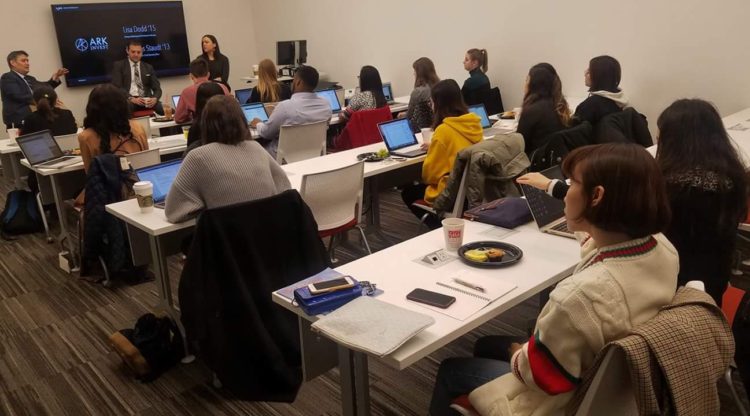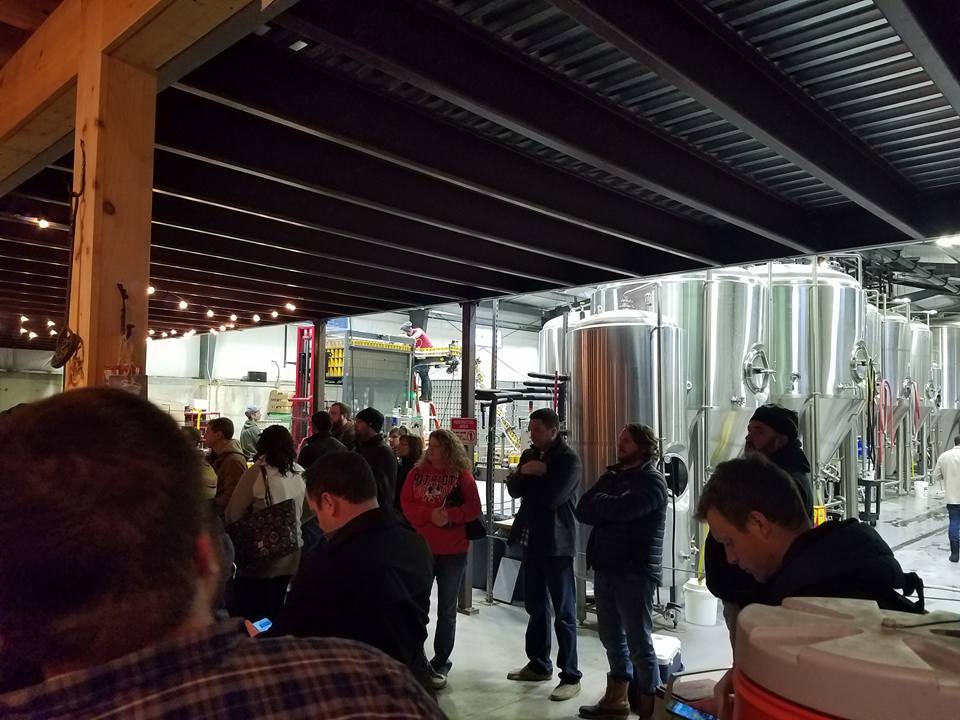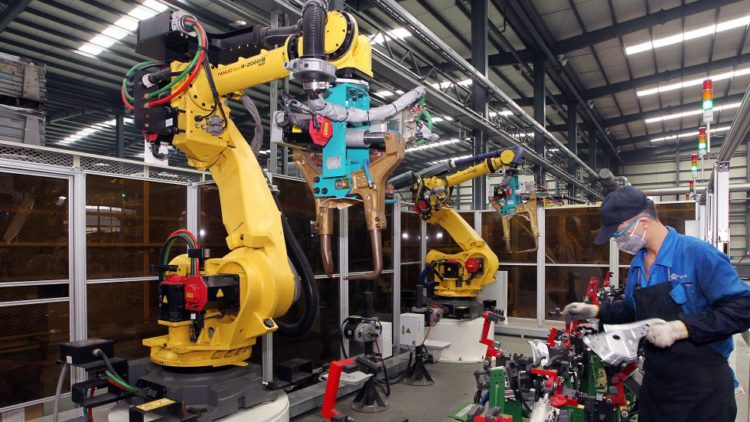My Guilty Pleasure of Zatoichi
This post is for the benefit of my local friend Rob the Screenwriter whose knowledge of contemporary (say, after 1990) films is broad, but who hasn’t yet discovered most films from the 80 years earlier. Film Comment, the magazine of the Film Society of Lincoln Center, has long had a feature called ‘Guilty Pleasures’ in which famous people from the film industry list favorite films that they’re embarrassed or shy to admit that they like (such as Martin Scorsese love of ‘The Ten Commandments’).
Although I’m not inside the film industry, merely work for a media school, my ‘guilty pleasure’ is Japan’s 26-film ‘Zatoichi’ series produced from 1962 to 1989. I’m sucker for extreme ‘high-concept’ films, movies predicated on so simple a concept that explaining it isn’t an ‘elevator pitch’ (i.e., something that can be said in no more than 30-seconds), but what I call a ‘stepladder pitch’. For example, when I heard that the concept of the film ‘John Wick’ was simply that a retired hitman wants revenges after thieves steal his car and kill his dog, I knew I wanted to see that film! Likewise, the ‘Zatoichi’ series, which is based upon the ‘high concept’ idea that the best swordsman in medieval Japan happened to be a blind masseuse. Yeah, you got that right! Except that concept is embellished a bit more than just the dozen words I mentioned. The ‘high concept’ is that the best swordsman in medieval Japan happened to be an itinerant blind masseuse who liked to drink and gamble and was always failing at love. Got it now? Zatoichi is an ‘easy come, easy go’, affable sort who just likes a good meal, good drink, good dice game, and good conversation, but woe be those who exceed his patience (as this video shows) by double-dealing or oppressing people!
Based upon a character created by novelist Kan Shimozawa (born Umetani Matsutaro in 1892) who was inspired by an actual blind yakuza swordsman from centuries ago, and played for 27 years by the wonderful actor tor Shintaro Katsu (born Toshio Okumura in 1931), Zatoichi (‘low-ranking, blind person number one”) wanders medieval Japan, getting entrapped in intrigue arising from his good nature and love of sake and dice games, requiring him to right wrongs, save kids or kimono-clad damsels in distress, and fight samurai and assassins in the pay of corrupt aristocrats or corrupt bureaucrats. He never gets the girl, the cash, or the thanks that he deserves. But he’s a good masseuse and, unknown by anyone except those who know him on sight, the most lethal man with a katana sword in the world. The Wikipedia page about ‘Zatoichi’ will give you more details. The ‘James Bond’ film series recently exceeded the number of ‘Zatoichi’ films. However, besides the 26 films, there are also an even 100 later TV episodes of ‘Zatoichi’ starring Katsu. Imagine if the same actor had played Bond in every film plus 100 episodes. That’s longevity! And Katsu would later go onto also star in the three ‘Hanzo the Razor’ film series.
Several of the ‘Zatoichi’ films can be viewed for free on YouTube. However, the entire 26-film series is now part of the famed Criterion Collection of great films (a ha! ‘Zatoichi’ is no longer a ‘guilty’ pleasure), which sells the series in DVD format, and the series is available online with a subscription to FilmStruck.
















